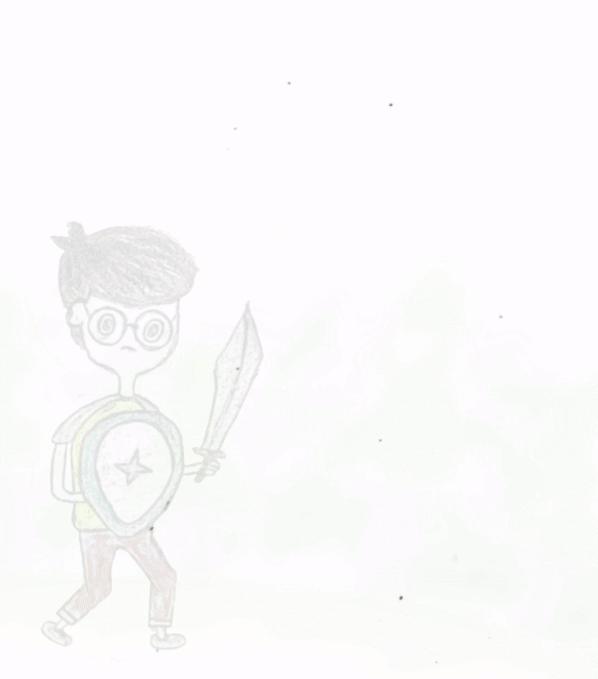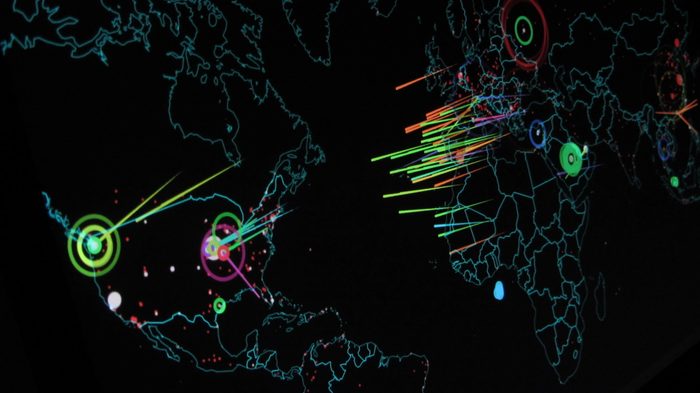Hello, I’m Ben from The New Humanitarian, the Geneva-based non-profit newsroom covering humanitarian crises and conflicts and a proud partner of Geneva Solutions.
Just a note that next week, on Tuesday 1 September, The New Humanitarian will be live to discuss our coverage with the Geneva Solutions editorial director Serge Michel as part of a webcast series for the launch.
This morning we get a behind-the-scenes glimpse of efforts by a Geneva-based private diplomacy organisation to reach a ceasefire in Libya’s civil war, take a look at the law of cyberwar, and hear how indigenous communities deal with disasters like COVID-19. |

|
|
Tests indicate Alexei Navalny was poisoned, says German clinic.
The statement by Charité hospital in Berlin was the first medical corroboration of a poisoning attack on Navalny and marked him as likely the latest Kremlin opponent to face an attempt on his life. According to the clinic, Navalny is in serious condition but “there is currently no acute danger to his life”.
CNN (EN)
|
|
Hong Kong reports 'first case' of virus reinfection.
Scientists are reporting the case of a healthy man in his 30s who became reinfected with coronavirus four and a half months after his first bout. They say genome sequencing shows the two strains of the virus are "clearly different", making it the world's first proven case of reinfection.
BBC NEWS (EN)
|
|
Peace and Humanitarian news
|

UNHCR / Nesime
|
|
An Afghan girl was one of the winners of an art competition run by the UN Refugee Agency. Nesime, 16, said: “I now live in Greece. People have an image of me in their minds, but I am who I am.” Nesime’s winning artwork, titled “Fighting the virus and stereotypes”, was made into an animation by UNHCR, along with other winning entries.
|
|
|
GS news is a new media project covering the world of international cooperation and development. Don’t hesitate to forward our newsletter!
Have a good day!
|

|
|
Avenue du Bouchet 2
1209 Genève
Suisse
|
|
|
|









